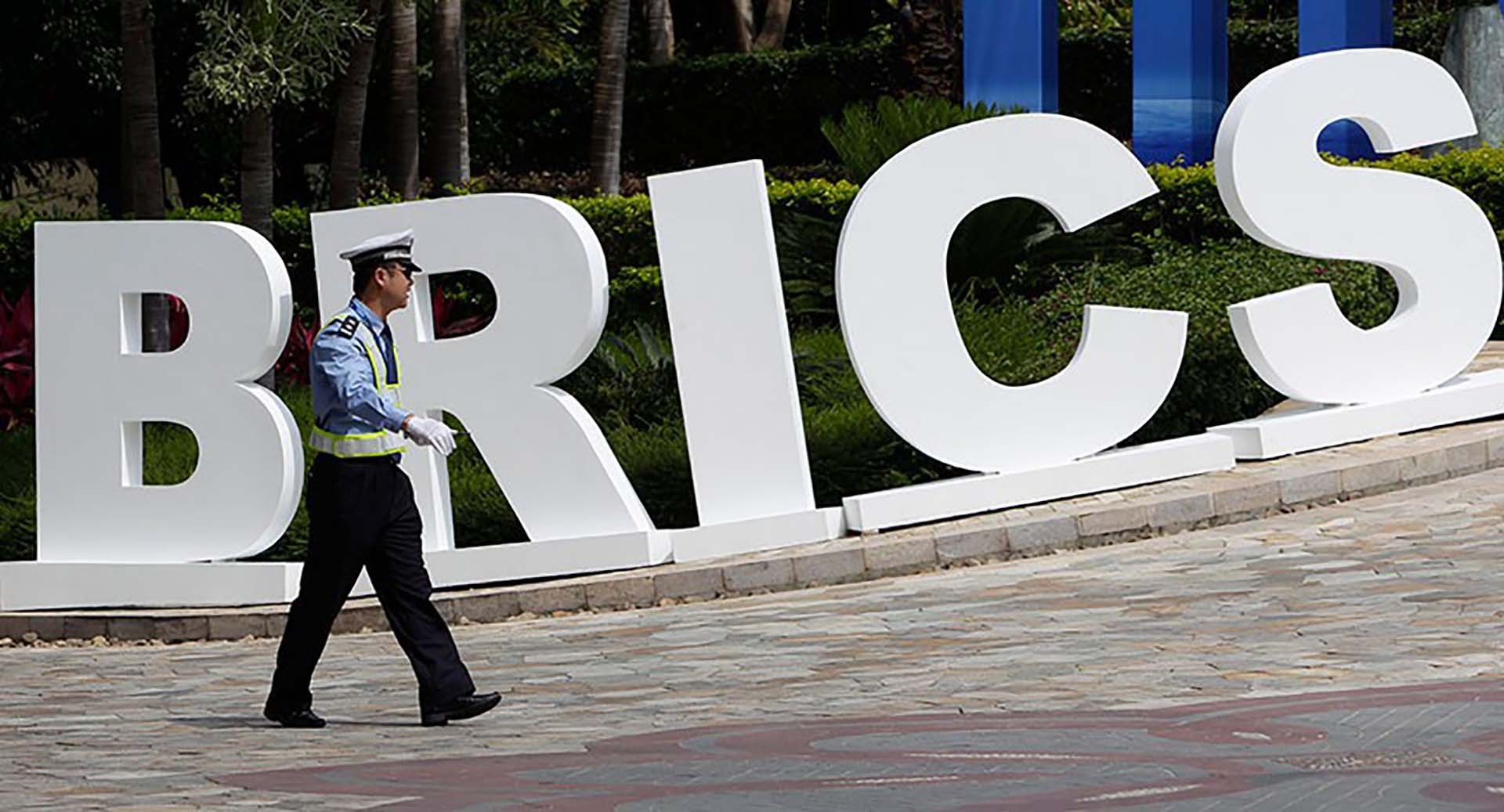 |
| BRICS officially expanded, with 6 new members. (Source: Reuters) |
BRICS was founded in 2009, comprising Brazil, Russia, India and China. In 2010, the bloc expanded to include South Africa.
Before the start of the annual summit in South Africa (taking place from August 22-24), more than 40 countries have expressed interest in joining BRICS and 23 countries have officially applied to join.
“We appreciate the interest of the countries of the Global South in BRICS,” the bloc said in a statement issued on the final day of the summit. “ Argentina, Egypt, Ethiopia, Iran, Saudi Arabia and the UAE were selected after the BRICS countries reached consensus on the principles, standards, criteria and procedures guiding the enlargement process.”
South African President Cyril Ramaphosa said the bloc's leaders agreed on the need to reform the global financial architecture and key institutions to make the world more equitable, inclusive and representative.
Bloomberg news agency said that the expansion of BRICS also means that the bloc will have more say in world affairs and can create a different type of global economy, with more government regulation and control.
According to TASS news agency, the gross domestic product (GDP) of BRICS when expanded in purchasing power parity (PPP) terms will be around 65 trillion USD, increasing the bloc's share of global GDP from the current 31.5% to 37%. Meanwhile, the GDP share of the Group of Seven (G7) leading industrialized countries is around 29.9%.
In parallel, BRICS will account for nearly half of the world's food production after the addition of 6 more members. In 2021, the group's wheat harvest reached 49% of the total global output. The G7's share was 19.1%.
In addition, the 11 countries of the bloc will account for 48.5 million square kilometers, equivalent to 36% of the world's land area. This figure is more than double that of the G7.
New path for trade
Professor Danny Bradlow at the University of Pretoria (South Africa) commented: "It is difficult to find common ground among the 6 countries invited to join BRICS."
With the participation of Saudi Arabia, Iran, the UAE and Egypt, many people would think that BRICS is Middle East-centric, according to Ms. Sanusha Naidu, senior researcher at the Institute for Global Dialogue.
“This has geo-economic, geo-strategic and geopolitical implications,” she argued. “The latest membership will prompt some BRICS countries to think more about their Middle East policies and for China and India to strengthen their existing policies.”
China has recently emerged as a mediator in the rapprochement between Saudi Arabia and Iran – a role traditionally played by the US. Meanwhile, India has signed an agreement with the UAE to transact in rupees and dirhams, instead of dollars.
"It is important to note that the bloc's expanded membership is very energy-focused. The bloc may have taken into account the pricing of energy products when selecting new members. Apart from Russia, all current BRICS members are non-energy producing countries," researcher Sanusha Naidu added.
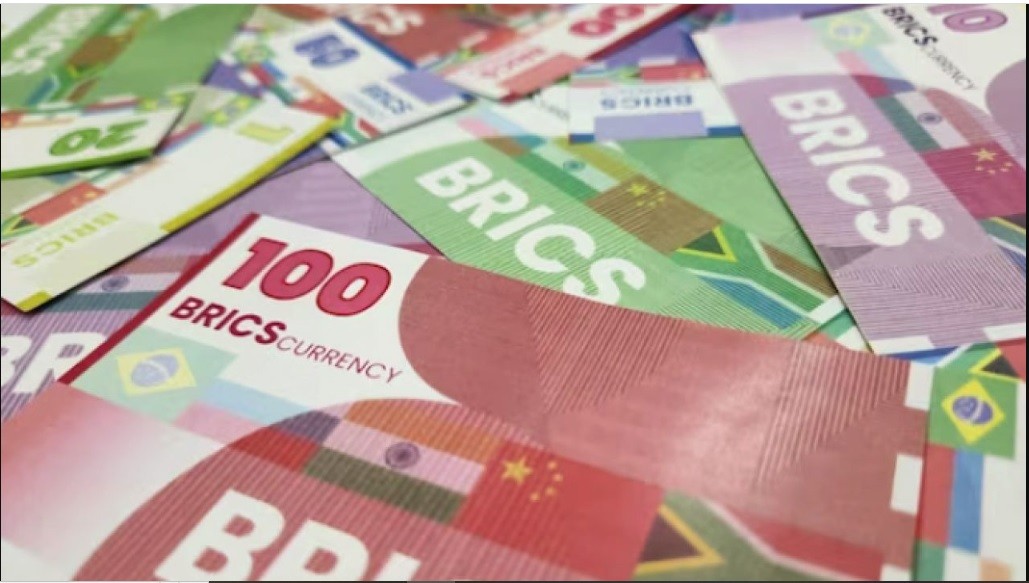 |
| BRICS is planning to create a common currency to replace the USD. (Source: orfonline.org) |
Time magazine said that Saudi Arabia - the world's largest oil exporter - could join Russia, Iran, the UAE and Brazil to make BRICS a bloc of the world's leading energy producers. In addition, with most energy transactions in the world based on the US dollar, the expansion of the bloc would help promote trade through alternative currencies.
The use of unilateral sanctions against countries and the continued dominance of the US dollar in global trade have been things that BRICS have repeatedly mentioned in recent times.
The expansion of BRICS “opens up new avenues for trade,” said Karin Costa Vasquez, a non-resident senior fellow at the Center for China and Globalization in Beijing.
“One of the purposes behind the expansion plan is to make it easier for BRICS countries to trade with each other using their local currencies. This change could potentially increase the use of currencies other than the US greenback,” she stressed.
Who benefits?
One country that could benefit from a trade mechanism outside the dominance of the US dollar is Iran, analysts say.
“Iran will obviously benefit the most,” said Na’eem Jeenah, senior researcher at the Mapungupwe Institute for Strategic Studies. “Iran’s entry into the bloc will highlight the fact that the country is not politically isolated. Members can start trading with each other in their own currencies. For Iran, this is great!”
However, analysts have yet to comment on how the expanded five-member bloc will affect the West and what it means for the current global order.
BRICS now account for a larger share of the world's population and economy, says Professor Danny Bradlow. This means the group has the potential to have a strong voice in reforming global governance arrangements.
“However, this depends on whether, after enlargement, the bloc is more effective in building agreements on reforming global governance mechanisms?” Ms. Bradlow asked.
Having Iran in BRICS would send a strong and powerful message to the G7, to the global North and to Washington, Bradlow added. Meanwhile, South Africa, which has an important relationship with the US, could face new challenges.
"Can South Africa take advantage of its membership in the bloc to address the challenges ahead? It doesn't have the economic muscle to do what it wants, but it has the strategic muscle to say: Now, South Africa has BRICS behind it," said Professor Danny Bradlow.
Source





![[Photo] Prime Minister Pham Minh Chinh chairs the meeting of the Government Party Committee Standing Committee](https://vstatic.vietnam.vn/vietnam/resource/IMAGE/2025/8/23/8e94aa3d26424d1ab1528c3e4bbacc45)


![[Photo] General Secretary To Lam attends the 80th Anniversary of the Cultural Sector's Traditional Day](https://vstatic.vietnam.vn/vietnam/resource/IMAGE/2025/8/23/7a88e6b58502490aa153adf8f0eec2b2)


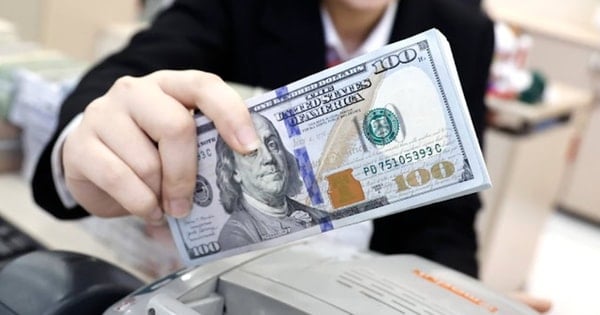

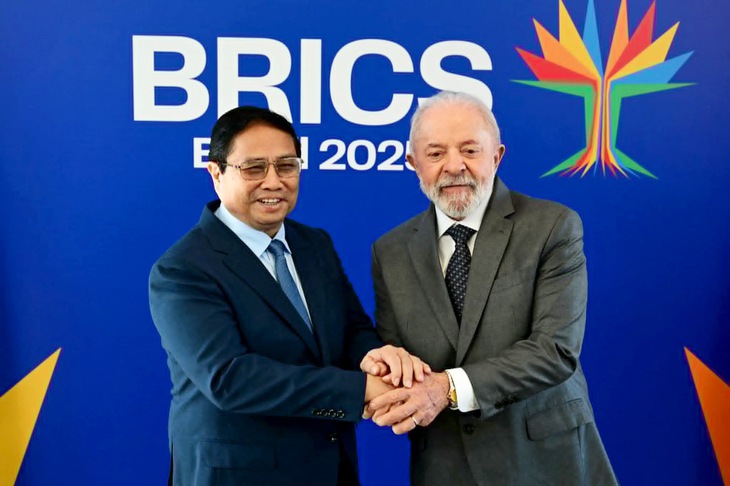

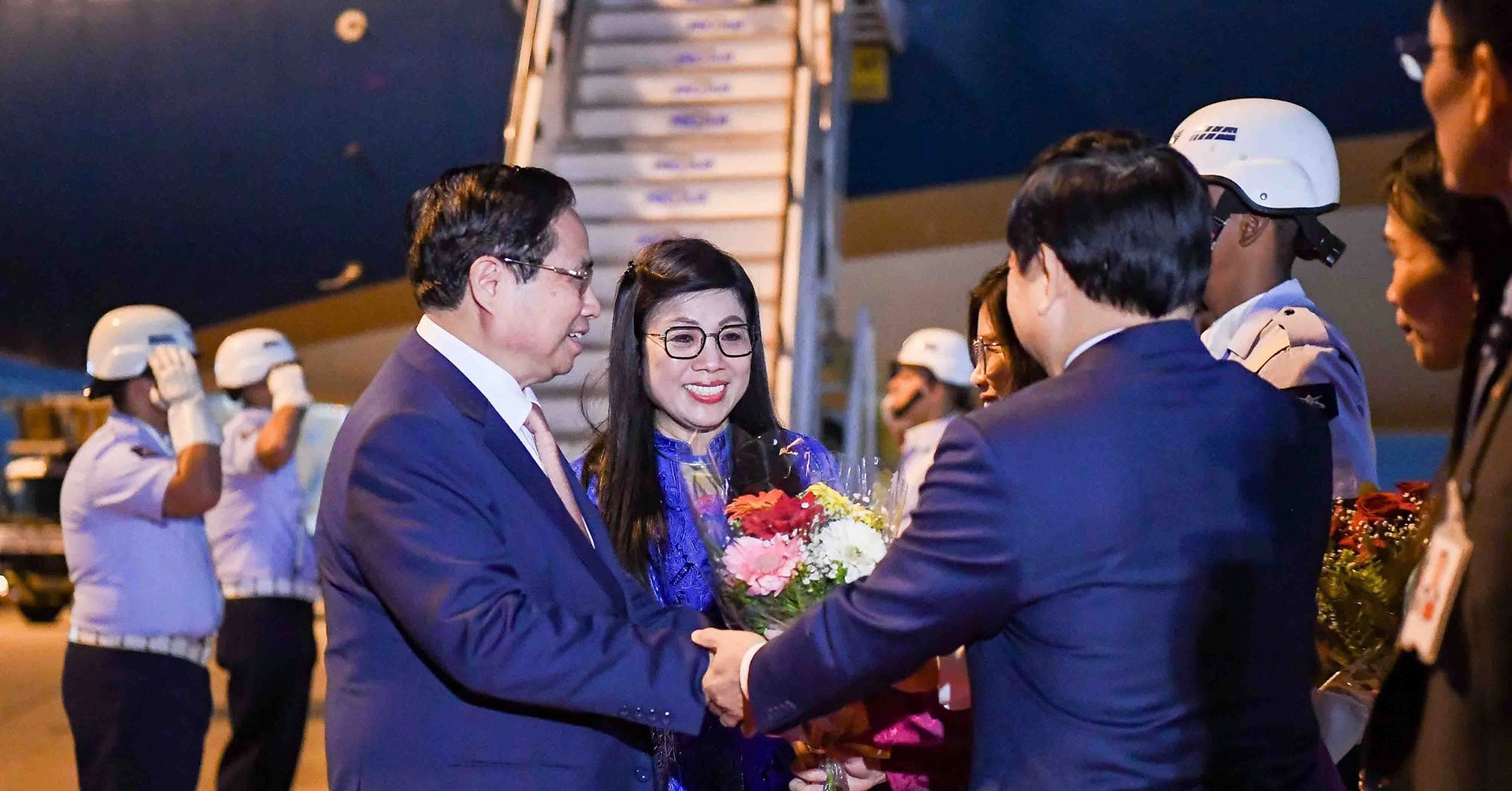


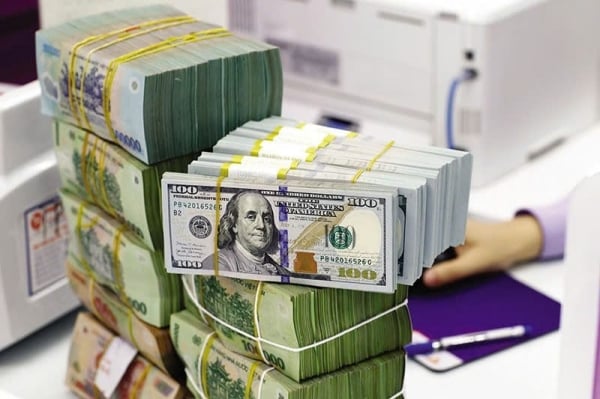



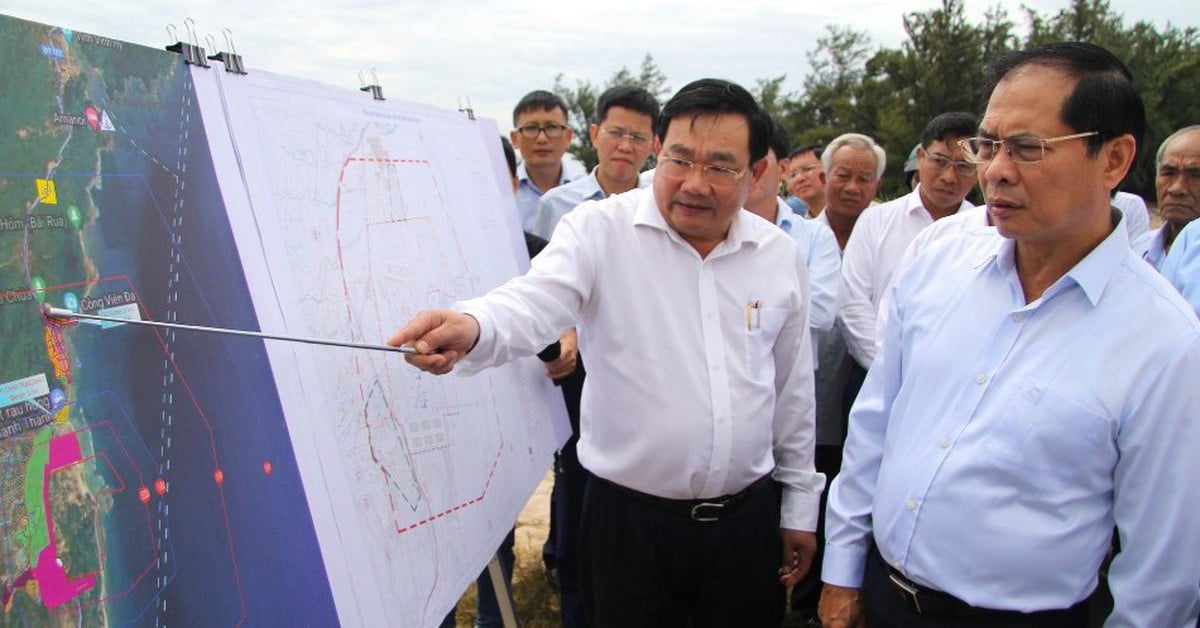

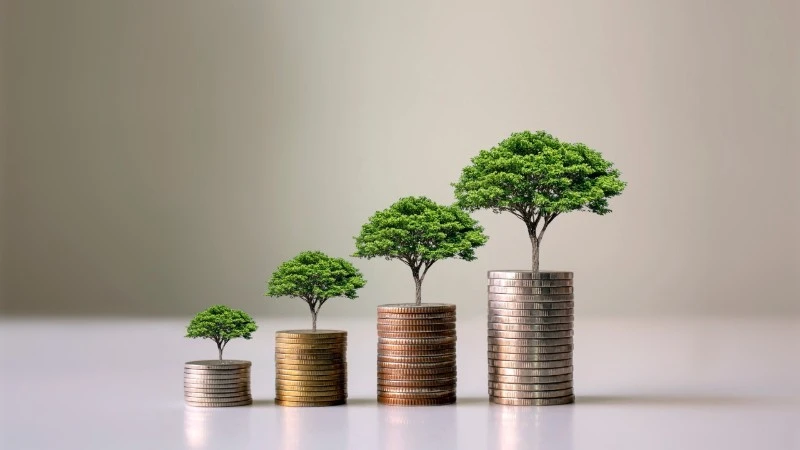


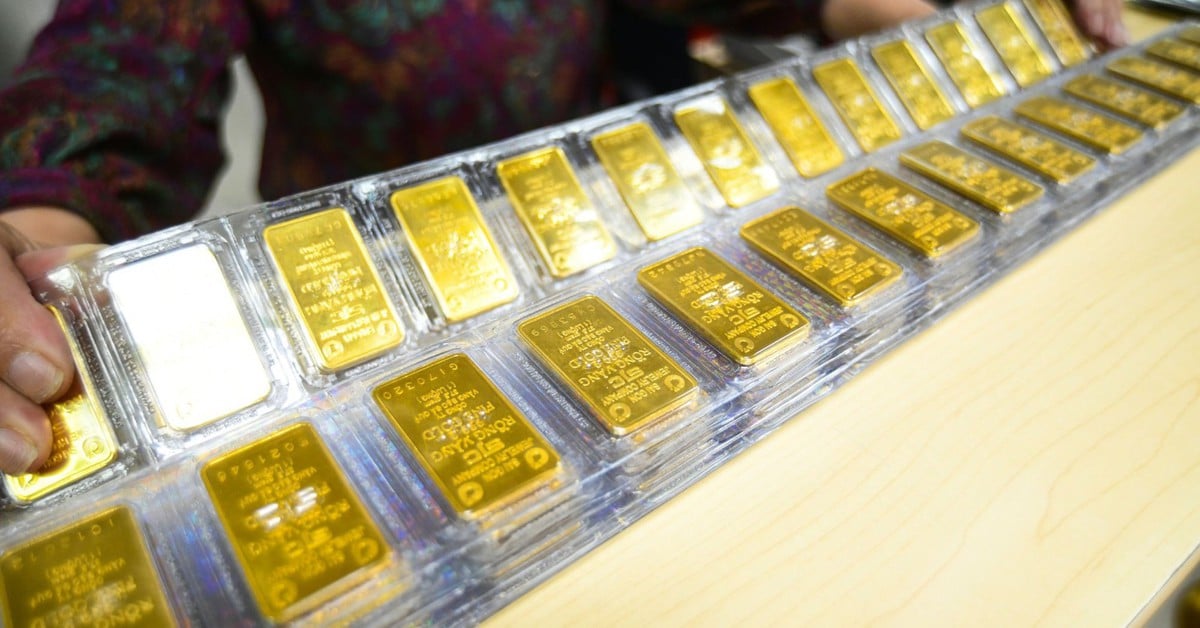




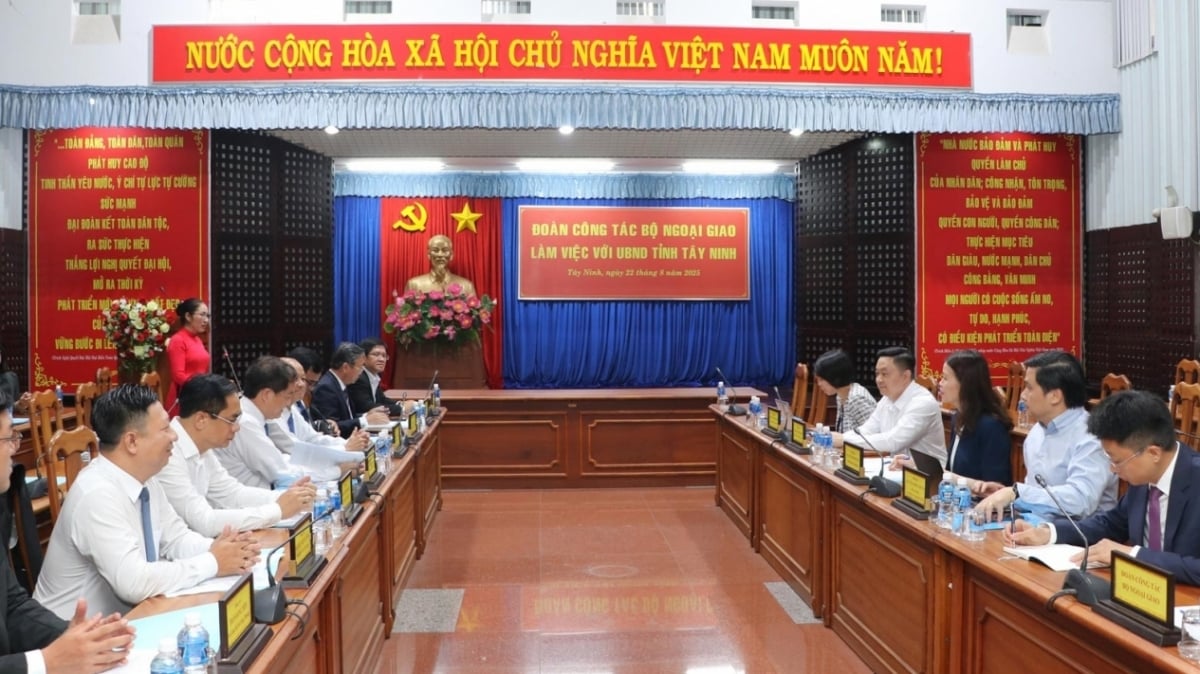













































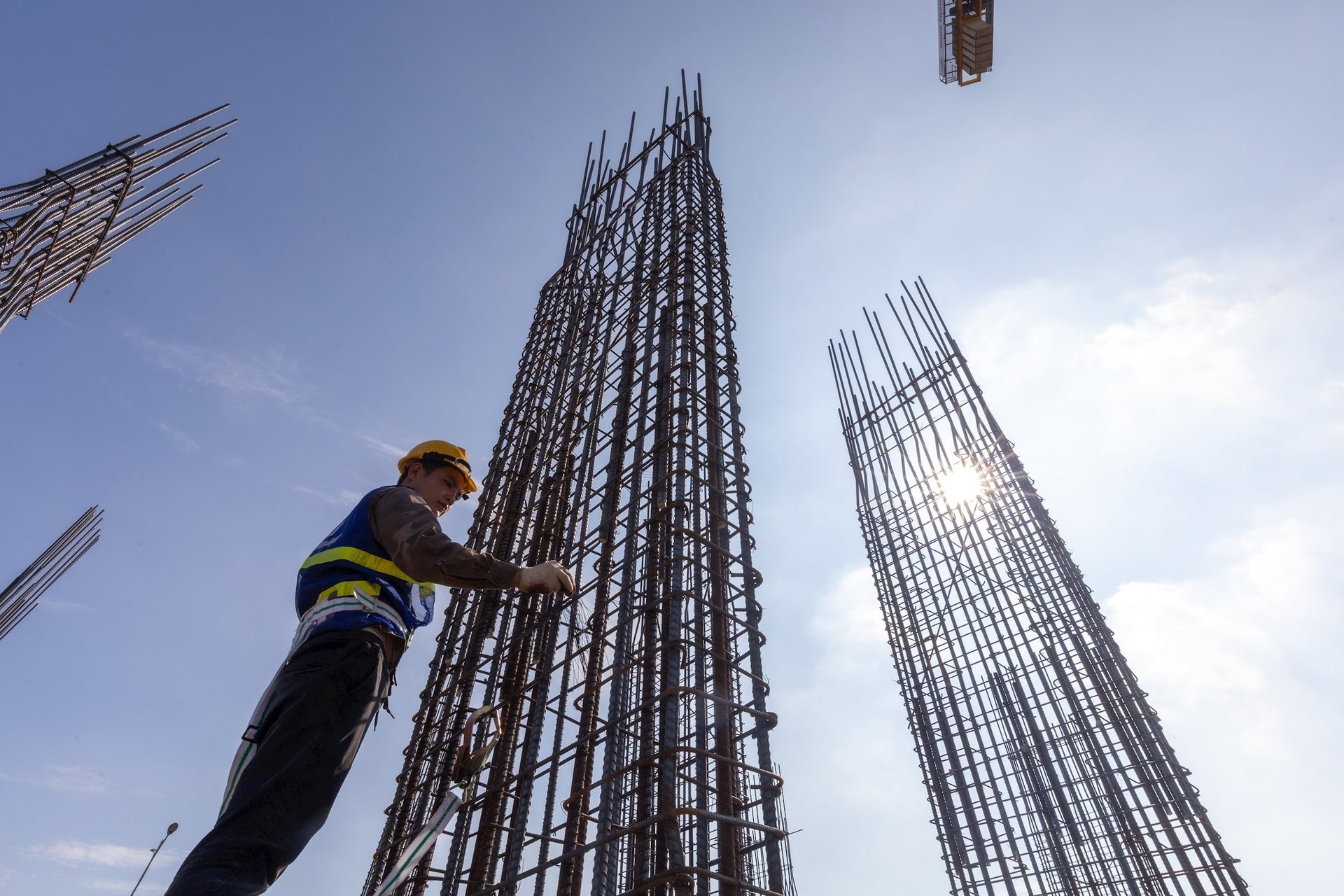



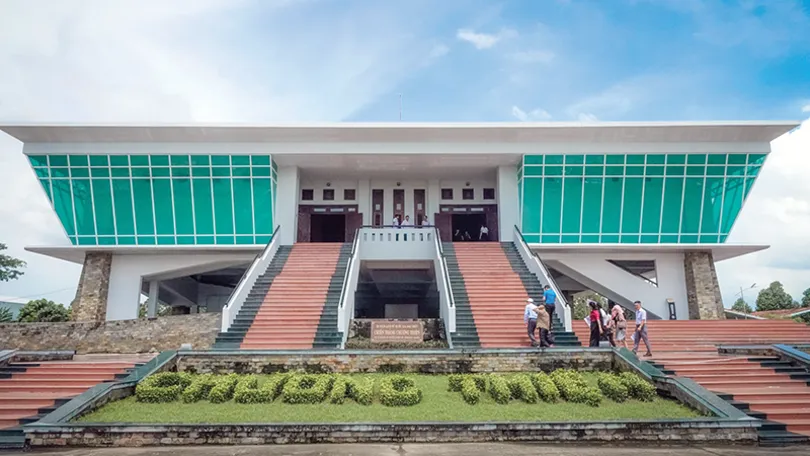



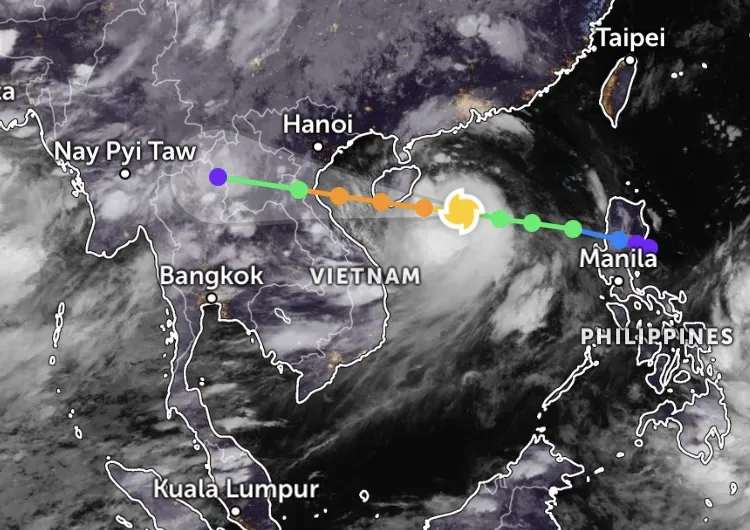
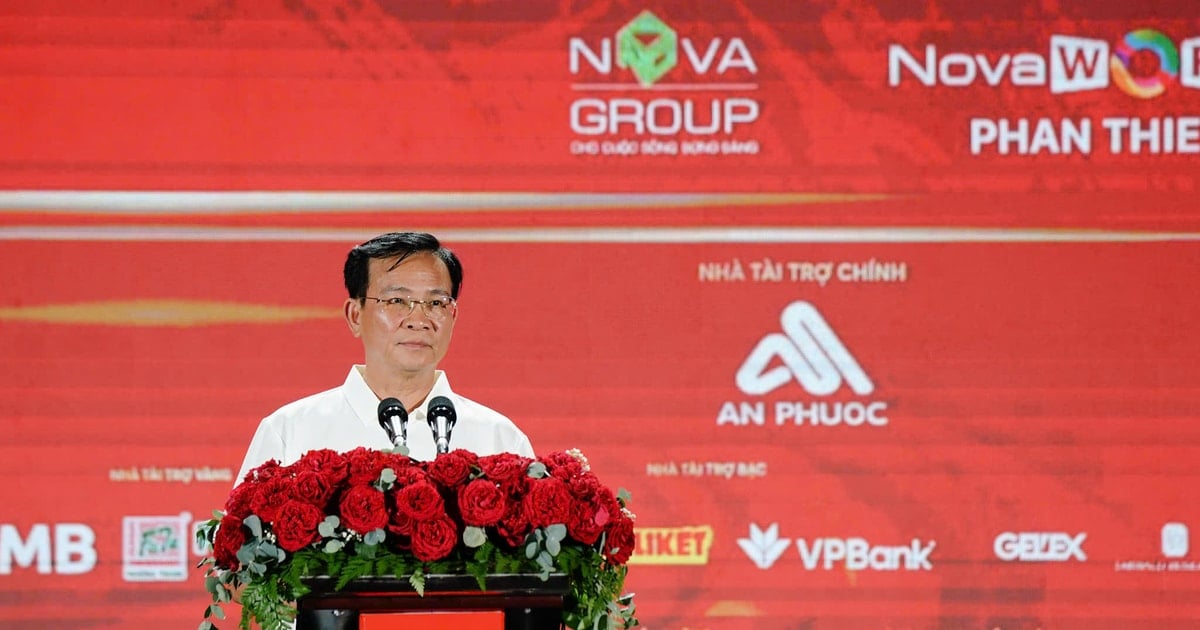
















Comment (0)